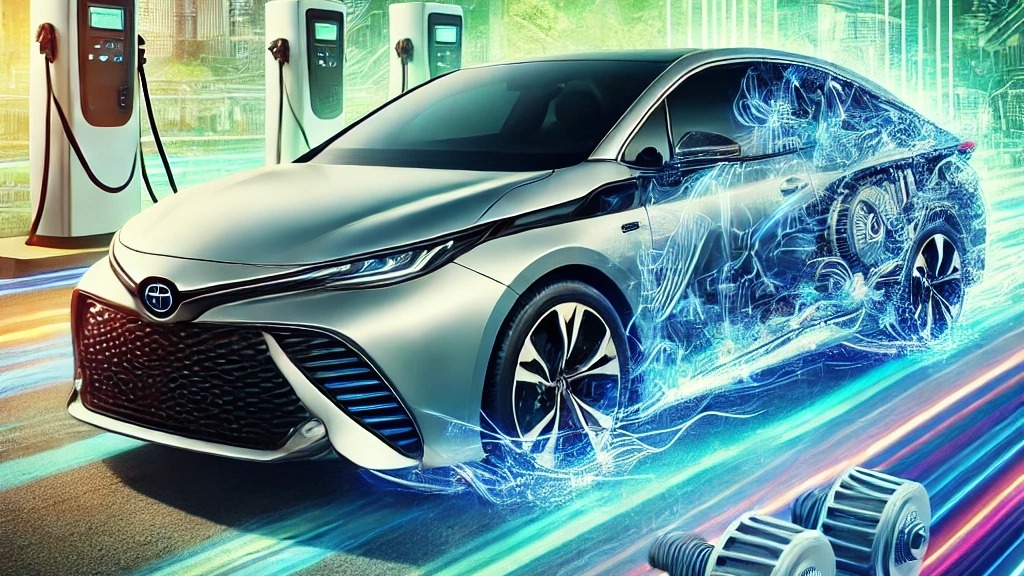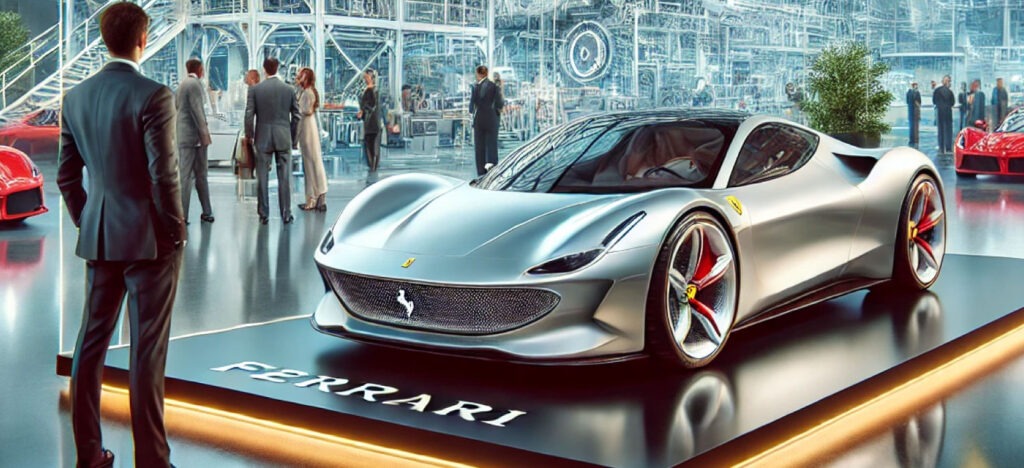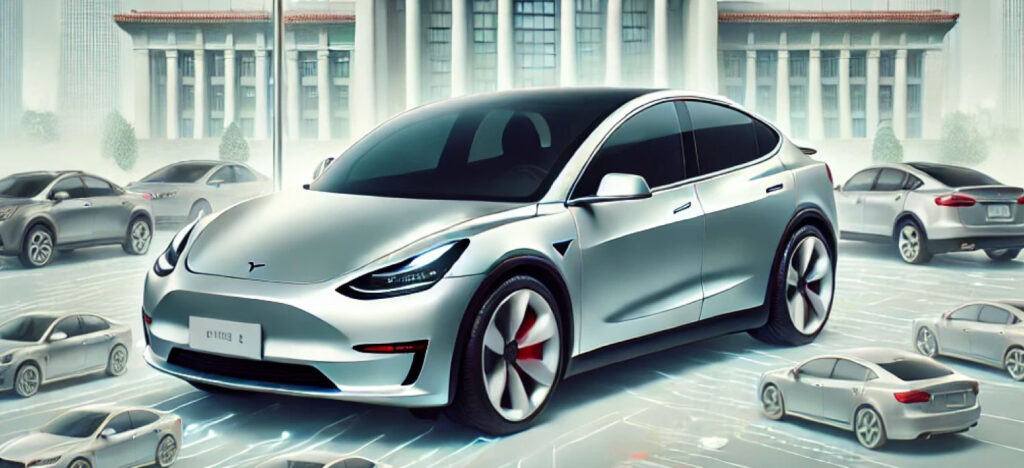Toyota redefine su estrategia: apuesta por híbridos ante la incertidumbre de los eléctricos

Toyota puede ser uno de los fabricantes de automóviles tradicionales más lentos en desarrollar vehículos eléctricos, pero podría ser el primero en abandonar los coches impulsados únicamente por gasolina.
Toyota, un nombre que resuena con innovación y liderazgo en la industria automotriz, ha optado por un camino que desafía la corriente dominante de la electrificación total.
En un momento donde las políticas globales y las expectativas de mercado parecen empujar a los fabricantes hacia los vehículos eléctricos (EVs), la decisión de Toyota de centrarse en los híbridos revela una visión estratégica profundamente arraigada en su experiencia y en la observación cuidadosa de las tendencias del mercado.
Apostar por una estrategia de “múltiples vías”, que incluye no solo EVs, sino también híbridos, tecnologías de hidrógeno y combustibles ecológicos, es un movimiento que puede parecer conservador, pero es precisamente esta diversificación lo que podría asegurarle a Toyota una posición robusta en un futuro incierto.
El éxito del Prius hace casi tres décadas sentó las bases para lo que ahora es una apuesta más amplia por los híbridos, y es aquí donde Toyota ve una oportunidad única: capitalizar su liderazgo histórico en esta tecnología mientras el resto de la industria se precipita hacia una electrificación que aún enfrenta barreras significativas.
La adopción masiva de EVs ha sido menos fluida de lo que muchos anticipaban. Infraestructuras de carga insuficientes, altos costos iniciales y preocupaciones sobre la durabilidad y reciclaje de baterías son solo algunos de los obstáculos que han ralentizado esta transición.
Toyota, bajo la dirección de Akio Toyoda, ha demostrado un escepticismo fundado al predecir que los EVs representarán solo el 30% del mercado global en el futuro cercano. Este enfoque conservador podría ser un salvavidas en mercados como el mexicano, donde la infraestructura para EVs aún está en etapas tempranas y donde los consumidores valoran tanto la eficiencia como la familiaridad de los motores de combustión interna.
La decisión de Toyota de convertir modelos icónicos como el Camry, Land Cruiser, y posiblemente el RAV4, a versiones exclusivamente híbridas, es más que una simple respuesta al mercado; es una jugada calculada para maximizar el valor percibido por el cliente y asegurar su lealtad en un entorno competitivo.
Esta estrategia también podría ser particularmente efectiva en México, donde la industria automotriz es una pieza clave de la economía y donde las decisiones de Toyota podrían tener un impacto significativo en la producción local y en las preferencias de los consumidores.
Sin embargo, esta postura también tiene sus debilidades. Al no comprometerse completamente con los EVs, Toyota corre el riesgo de quedarse atrás si la electrificación global se acelera más rápido de lo previsto. La competencia está invirtiendo fuertemente en tecnología de baterías y expansión de infraestructura, y estos avances podrían cambiar rápidamente las dinámicas del mercado. Si los costos de los EVs disminuyen y la conveniencia de su uso aumenta, Toyota podría encontrarse en una posición desventajosa.
En el contexto mexicano, donde las regulaciones pueden endurecerse para favorecer los EVs y donde la fluctuación en los precios del petróleo podría alterar drásticamente la demanda, la flexibilidad de Toyota será clave. Su estrategia diversificada le permite estar preparado para adaptarse, pero también le exige una vigilancia constante y una capacidad de respuesta ágil.
En última instancia, el camino que Toyota ha elegido es uno de cautela informada y de compromiso con la diversificación. Si bien los riesgos son evidentes, también lo son las oportunidades.
En un mundo donde la incertidumbre es la nueva normalidad, Toyota parece estar apostando a que la flexibilidad y la experiencia prevalecerán sobre la rapidez en una carrera que, al final del día, aún está lejos de tener un claro ganador. La capacidad de Toyota para navegar estos desafíos, especialmente en un mercado como el mexicano, determinará si su estrategia “multi-vía” es simplemente una pausa antes de la inevitable electrificación total o una ruta viable hacia un futuro automotriz más equilibrado y sostenible.
Colaboración: Editorial Auge.





